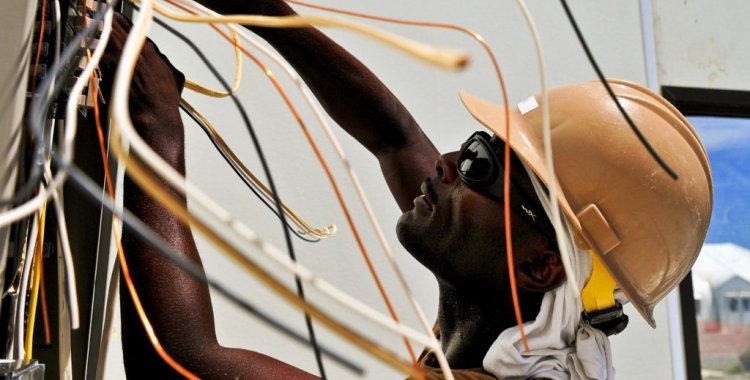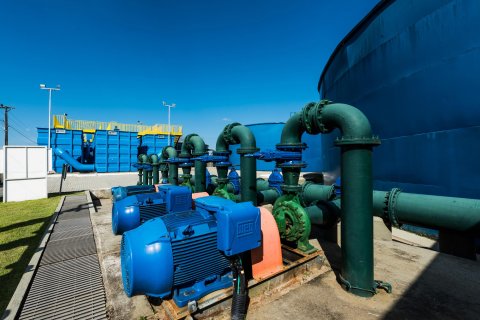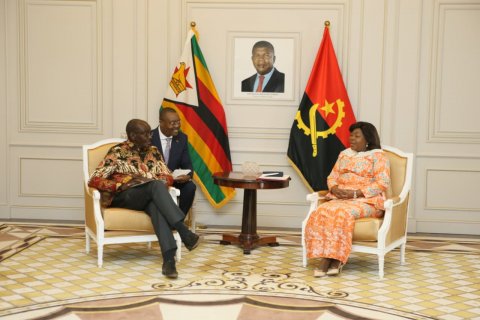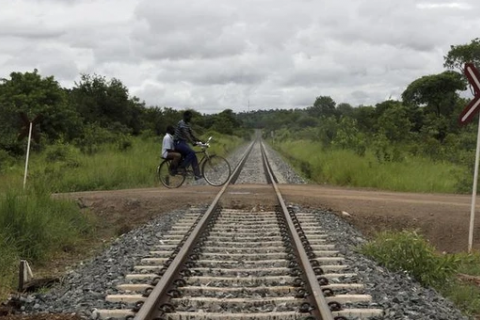“I think a middle ground had to be found. I also think that this decision requires prior studies, with significant involvement from interested parties, and the State would have to make an effort to clearly communicate to citizens what is at stake and what the potential gains of this measure would be,” said Sérgio Calundungo in statements to Lusa.
According to the OPSA coordinator, the authorities should explain to citizens the advantages of increasing water and energy tariffs, highlighting that the level of current services in these sectors “is questionable and deplorable.”
“[With the State’s explanations] we would understand whether this increase will result in significant improvements in the service provided to us,” he stressed, classifying the government measure as “a dilemma.”
Water and electricity tariffs in the country will increase by 30 percent and 11.5 percent, respectively, according to the new table approved by the sector’s regulator, IRSEA, which comes into force next month.
The IRSEA stresses in its statement that the tariff update will be gradual and aims to cover the increase in production and distribution costs, modernise and expand networks in urban and rural areas and prevent the degradation of services.
Electricity will undergo an initial adjustment of 11.5 percent, based on an average tariff of 12.8 kwanzas/kWh.
Sérgio Calundungo considered that the authorities' measure represents a dilemma, especially because the companies providing these services are criticised for the quality of the service they provide and consumers, in turn, claim that they have been losing their purchasing power.
“We are in the context of high inflation, families' purchasing power is decreasing and between these two situations I fear a third variant which is the increase in water and electricity tariffs”, he said.
The companies, in turn, “claim that they cannot provide a better service because they are operating in a situation where their production cost is much higher than what they receive in payments from consumers”, he noted.
Calundungo, who is also a member of the Economic and Social Council, a body created by President João Lourenço, defended, on the other hand, a scenario in which the current tariffs would be maintained, with the State assuming part of the costs, noting that, in this regard, “many will say that the State does not have the resources”.
“Yes, but the big problem that sometimes arises is that citizens, on the one hand, hear this narrative that the State does not have the resources, but then, on the other hand, we are bombarded every day with the State making expenses that are not a priority”, he criticised.
He also referred to the costs of the possible arrival of the Argentine football team, world champions, to face the Angolan team, as part of the celebrations of Angola’s 50th anniversary of independence, as “non-priority public expenditure”.
He insisted that the decision to increase water and electricity tariffs in the country requires more justification from the Government, admitting that the State “has fiscal space to reduce expenditure in less priority sectors” and guarantee “these two essential goods for the functioning of the economy and for the well-being of families”, concluded the social analyst.
According to IRSEA estimates, a family in the Social Domestic I category (which benefits from a discount on the bill) with a contracted power of 1.3 KVA, which paid an average of 291.88 kwanzas, will now pay 379.68 kwanzas.
As for water, the tariff will have an initial adjustment of 30 percent (taking into account an average tariff of 780 kwanzas/m3), with a phased readjustment, “maintaining the subsidy for essential chemical products for treatment”.







